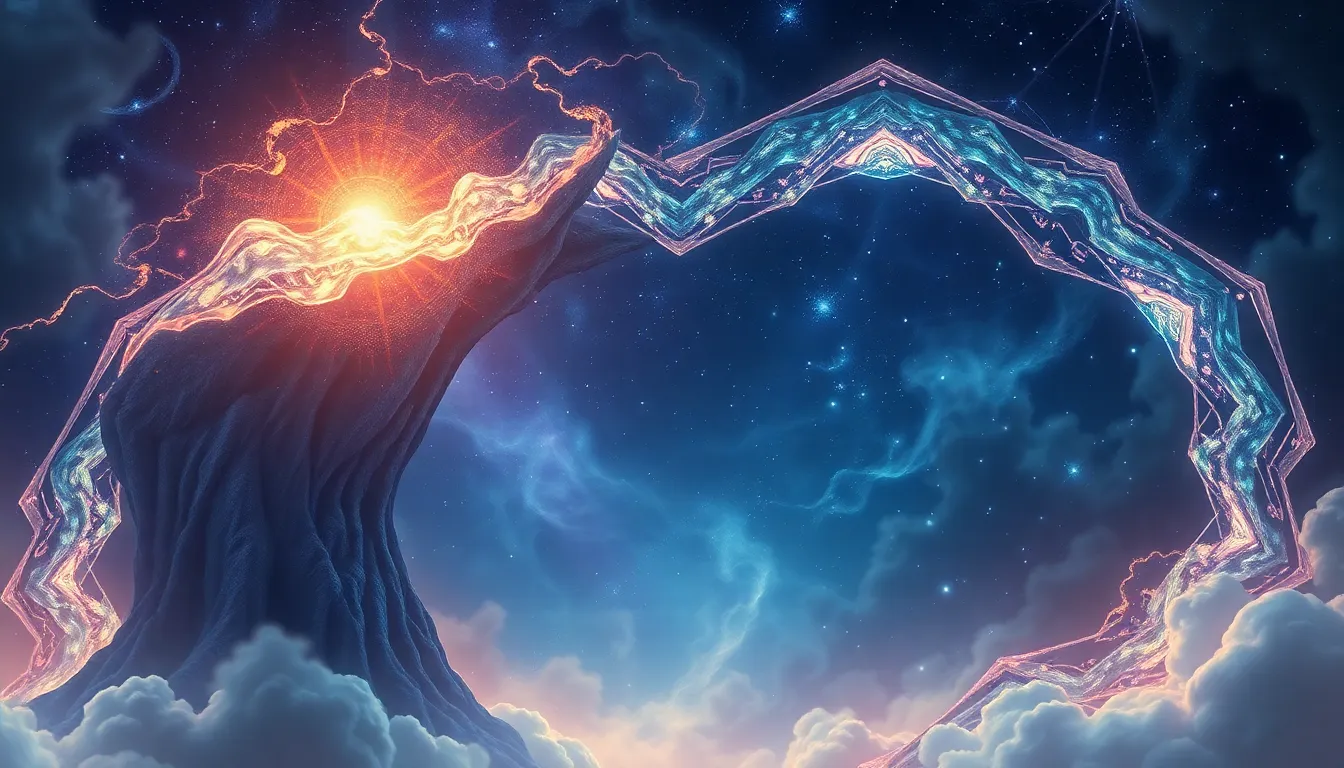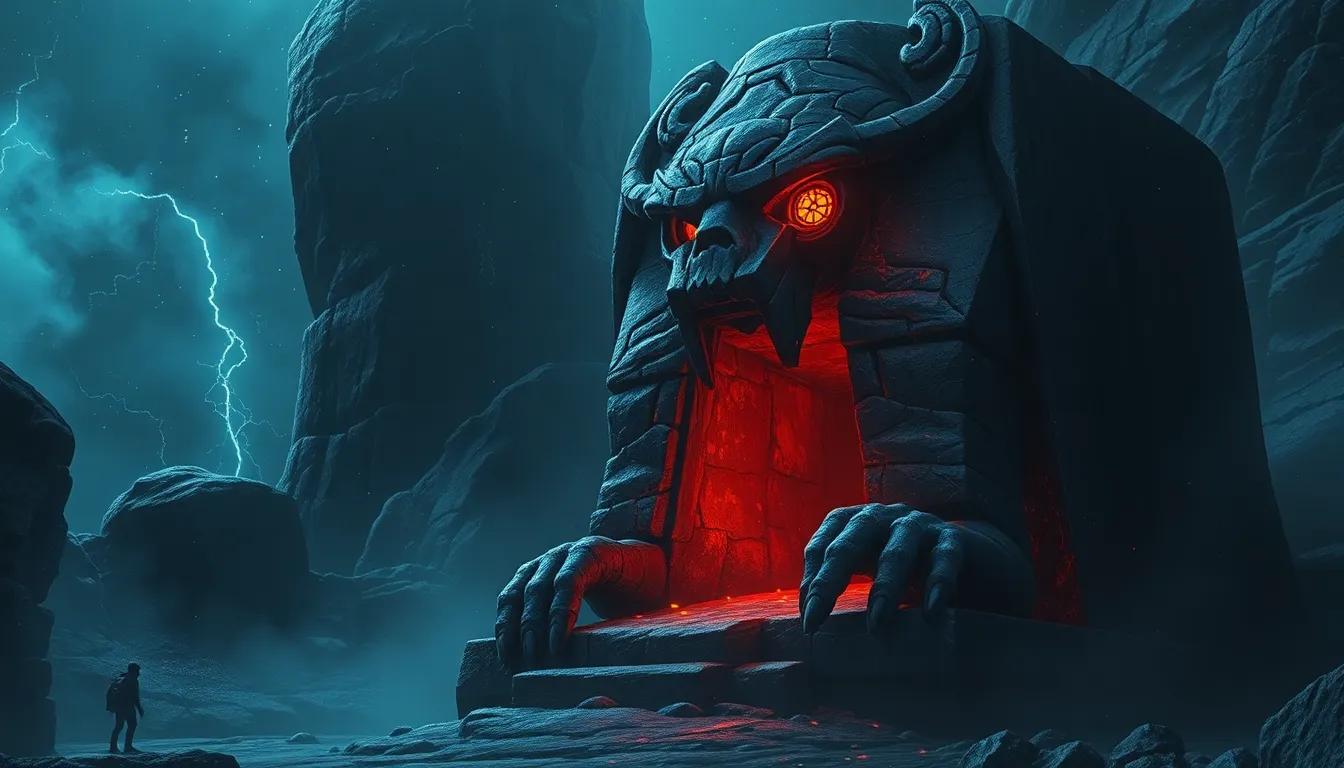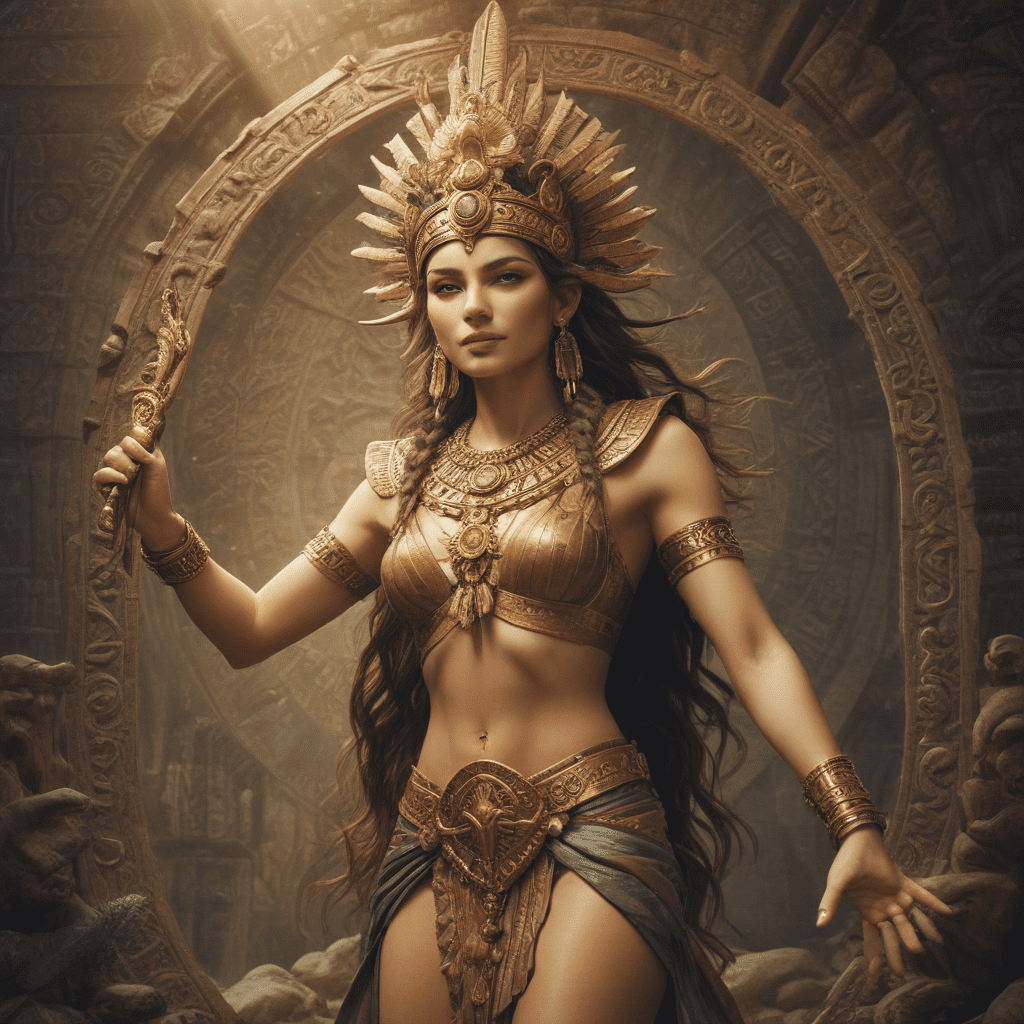The First Whisper: Creation Myths That Speak to Our Hearts
I. Introduction
Creation myths are foundational narratives that explain the origins of the universe, humanity, and the cultural practices of societies. These stories serve not only as explanations for existence but also as vital components of identity and community. Across the world, the need for origin stories is a universal human experience, reflecting our innate curiosity and desire for understanding.
This article will explore the role of creation myths in human culture, common themes found across various myths, the personal connections individuals have with these stories, as well as their relevance in modern society. We will also delve into the intersection of creation myths with scientific perspectives and the ethical implications they carry.
II. The Role of Creation Myths in Human Culture
Creation myths have played a significant role throughout history. They are often the first stories told in a culture and provide a framework for understanding existence.
- Historical Context: Many ancient civilizations relied on creation myths to explain natural phenomena and to instill a sense of order in the chaos of the world.
- Identity and Values: These myths help shape the values, beliefs, and identities of communities, providing a sense of belonging and shared history.
- Psychological Connection: Creation myths tap into deep psychological needs, allowing individuals to find meaning in their lives and a connection to something greater.
III. Common Themes in Creation Myths
Despite the diversity in creation myths, several themes recur across different cultures:
- Chaos and Order: Many myths begin with chaos, which is then transformed into order by divine beings or forces.
- Divine Beings: Supernatural entities often play a crucial role in the creation process, reflecting humanity’s relationship with the divine.
- Birth and Rebirth: The symbolism of birth appears frequently, emphasizing cycles of life, death, and renewal.
- Nature’s Elements: Elements like water, earth, fire, and air are often portrayed as fundamental forces in the creation of the world.
IV. Creation Myths Across Different Cultures
Creation myths are rich and varied across cultures, each reflecting unique worldviews:
- Indigenous Stories: Native American and Aboriginal creation stories often emphasize the interconnectedness of all life and the importance of nature.
- Ancient Civilizations: Mesopotamian and Egyptian myths feature gods who create the world through battles, reflecting the tumultuous nature of existence.
- Eastern Philosophies: Hindu and Chinese myths often explore themes of balance and harmony, with creation emerging from a primordial state.
- Western Narratives: The Biblical Genesis presents a linear creation process, emphasizing the power of a singular divine creator.
V. The Personal Connection: How Myths Resonate with Individuals
Creation myths resonate deeply on a personal level, allowing individuals to find their place in the world:
- Storytelling as a Bond: These myths create communal bonds, as they are often shared in gatherings, reinforcing cultural ties.
- Personal Interpretations: Individuals often adapt myths to reflect their personal experiences, finding unique meanings within them.
- Emotional Responses: The themes of creation, struggle, and resolution can elicit powerful emotional reactions, fostering a sense of connection.
VI. Creation Myths and Scientific Perspectives
The relationship between creation myths and scientific explanations of the universe invites intriguing discussions:
- Myths vs. Science: While science provides empirical explanations, myths offer metaphorical truths that convey deeper meanings about existence.
- Faith and Science: Many people find ways to harmonize their beliefs in myths with scientific understanding, viewing them as different lenses through which to explore reality.
- Coexistence: Myths can coexist with scientific narratives, providing cultural context and emotional resonance that pure scientific data may lack.
VII. Modern Adaptations of Creation Myths
Creation myths continue to evolve, finding new expressions in contemporary culture:
- Retellings in Literature and Film: Many modern stories reinterpret ancient myths, bringing them to life for new generations.
- Contemporary Relevance: These myths are often reexamined to address current issues, such as environmental crises or social justice.
- Fusion with Modern Narratives: Traditional myths are sometimes blended with modern storytelling techniques, creating rich tapestries of meaning.
VIII. The Impact of Creation Myths on Morality and Ethics
Creation myths often carry moral and ethical lessons that shape societies:
- Lessons and Values: Many myths impart fundamental lessons about human behavior, responsibility, and the importance of community.
- Ethical Frameworks: These stories often provide a basis for ethical decision-making and social norms, influencing laws and governance.
- Influence on Culture: The values derived from creation myths can significantly impact cultural practices and societal expectations.
IX. Challenges and Critiques of Creation Myths
Despite their importance, creation myths face various challenges:
- Colonial Impact: The influence of colonialism has often led to the marginalization of indigenous myths and the imposition of foreign narratives.
- Misinterpretations: Simplifications and misinterpretations of complex myths can lead to a loss of cultural significance and depth.
- Cultural Appropriation: The retelling of creation myths by those outside the culture raises concerns about respect and authenticity.
X. Conclusion
The enduring power of creation myths in our lives speaks to the fundamental human quest for meaning and understanding. As we navigate our own beliefs and experiences, these stories offer a lens through which to explore our existence.
We encourage readers to reflect on their personal connections to these myths and consider how storytelling serves as a bridge to understanding ourselves and the world around us. In the end, creation myths remind us of our shared humanity and the timeless questions we all seek to answer.



